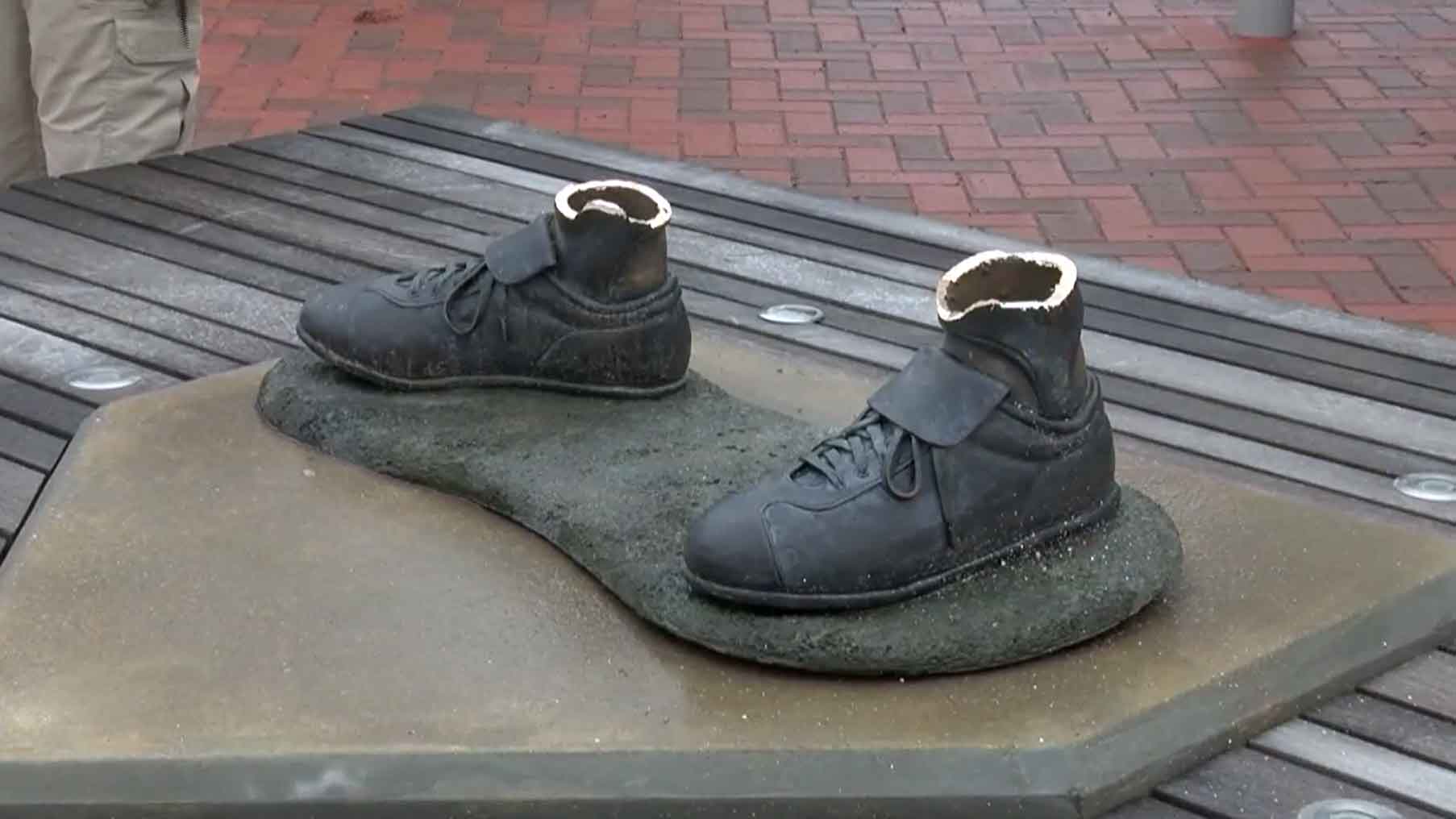Americans can begin applying for $50 off their monthly internet bill on Wednesday as part of an emergency government program to keep people connected during the pandemic.
The $3.2 billion program is part of the $900 billion December pandemic-relief package. The government is increasing spending on broadband as the pandemic made stark that millions of Americans did not have access to, and could not afford, broadband at a time when jobs, school and health care was moving online.
It's unclear how long the money will last but it's expected to be several months. Tens of millions of people are eligible, although the Federal Communications Commission, which is administering the program, did not specify a number.
WHAT IS THE EMERGENCY BROADBAND BENEFIT PROGRAM?
The Emergency Broadband Benefit is an FCC program to help families and households struggling to afford internet service during the COVID-19 pandemic.
It offers qualified households a temporary discount of up to $50 a month on internet bills.
People in tribal areas are eligible for up to $75 off their bill. There is also a $100 reimbursement for desktop computers, laptops or tablets — in that case, you must pay between $10 and $50 of the cost of the device yourself and buy it through your broadband provider.
U.S. & World
The discount could apply to a household's whole bill, or you can use it to trade up to a more expensive offering and your bill is partly covered.
The Emergency Broadband Benefit is a more robust, although temporary, program to help people afford internet than Lifeline, the FCC's other affordability program, which subtracts only $9.25 a month from phone or internet bills. A household can use both the Lifeline and EBB programs.
Feeling out of the loop? We'll catch you up on the Chicago news you need to know. Sign up for the weekly Chicago Catch-Up newsletter here.
WHO'S ELIGIBLE FOR THE EMERGENCY BROADBAND BENEFIT?
Your household is eligible if you receive food stamps, have a child in the free or reduced-price school lunch program or use Medicaid
Any household with income at or below 135% of the federal poverty guidelines is eligible, as are those who had a substantial loss of income since Feb. 29, 2020 or lost income during the pandemic and are at or below $99,000 for single filers, or $198,000 for joint filers.
You can get the discount even if you owe your phone or cable company money. That's important because some people have been barred from low-cost plans offered by internet service providers when they owed their service provider money. More than 800 cellphone and home-internet companies are participating, including AT&T, Charter, Comcast, T-Mobile and Verizon.
There are a variety of ways to qualify. Visit https://getemergencybroadband.org/do-i-qualify/ to see all eligibility requirements and find out if you qualify.
HOW DO I APPLY?
There are three ways to apply:
- Use the online application
- Print out and complete an application and send with proof of eligibility to:
Emergency Broadband Support Center
P.O. Box 7081
London, KY 40742
- Contact your current broadband provider to see if they are participating in the program, or use this online tool to find a participating company near you. Participating companies can help you apply through the National Verifier or through their company’s application process.
Households currently enrolled in the Lifeline program do not have to apply again for the Emergency Broadband Benefit. Contact your Lifeline provider to apply the discounts to your existing Lifeline service.
HOW LONG WILL THE PROGRAM LAST?
This is a temporary program that will expire once the funds run out, or “six months after the Department of Health and Human Services declares an end to the COVID-19 health emergency” — whichever is sooner.
However, the Biden administration has proposed $100 billion to get Americans connected, and even before that, billions of dollars are going to improve internet access.
The FCC on Tuesday approved a $7.2 billion program for schools and libraries to connect students in their homes. The Treasury Department is also setting up a $10 billion fund for improving internet connectivity. The money for both came from the $1.9 trillion March pandemic relief package.
There has also been hundreds of billions more in general funds sent to states that could be spent on broadband access.



